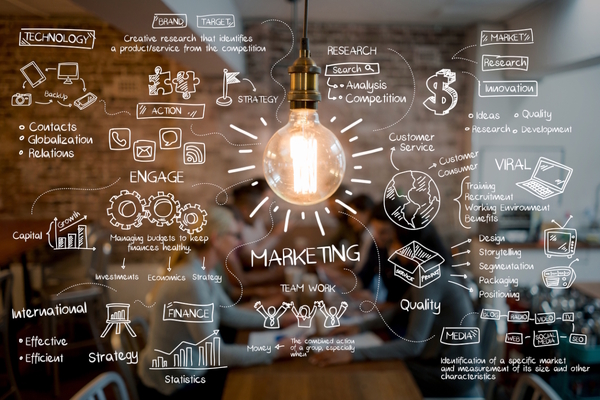AI isn’t a magic bullet
Sponsored by RWS Content TechnologiesGenerative AI is transforming how we work – but in industries where accuracy is paramount, the revolution rests on a foundation of structured, vetted data

Today’s economy has become increasingly defined by knowledge work – a reliance on intellectual capital supported by the rapid development of information and communication technologies. Historically, this knowledge was largely tacit, embodied in the experience and skill of individuals and transferred through mentorship and practice.
Technology has continued to play an evolving role in knowledge work. The Covid-19 pandemic accelerated the move to remote work, with Gartner forecasting that 51 per cent of knowledge workers would be remote by the end of 2021.
Knowledge is increasingly captured and shared via technology. The gears of automation, once limited to the assembly line, are now turning in the digital realm. In the AI era, we are no longer looking at automation as a set of rules but as a powerful technology with the ability to learn by example. The potential role AI can play in streamlining the production and consumption of knowledge is significant. Unlike humans, AI has no time constraints. With model context protocol (MCP), automated agents can interact with knowledge and participate in the workflow to an unprecedented degree.
However, this is not an open-and-shut case. AI untethered is a risk; AI without guardrails is a liability. The principle of “garbage in, garbage out” is associated with AI for a reason. Gartner reported in 2021 that poor data quality costs organisations an average of $12.9 million. If the data feeding AI systems is messy, outdated and inconsistent, the output will be equally unreliable. Stories of AI recommending users use glue in pizza-making make for amusing headlines. But in contexts where you have to be right, such inaccuracies have very real consequences.
Imagine you are maintaining an aircraft. You cannot afford for the manual in English to say one thing while the translated Spanish version says something slightly different. In industries where accuracy is a matter of law, order and public safety, ensuring compliant and accurate supporting content – from user manuals and product documentation to policies and procedures – is non-negotiable. Indeed, even if your data is 100 per cent accurate, AI can still hallucinate, underscoring the likelihood that it will never replace humans.
From manual repetition to streamlined intelligence
The modern professional spends an inordinate amount of time on repetitive tasks. The daily grind of knowledge-work is often a cycle of copying and pasting outdated files, tweaking documents to a new format or synthesising information from across disparate systems. This creates grindy jobs that people don’t want to do.
Organisational knowledge may exist across shared drives, content management systems, email and other platforms. Teams are accustomed to a constant cycle of switching tabs, searching and manually verifying information. This complexity is exacerbated by the demands of a globalised world, with multiple markets, languages and channels for engaging with customers, staff and regulators. Keeping it all accurate, in sync and up to date is almost impossible.
What if the knowledge base could be unified, conversed with and operationalised in natural language? This is the promise of AI. However, the risks of AI hallucinations and inaccuracies must be managed in order to deliver meaningful, valuable application of AI.
A simple chat-based approach is not sufficient for professional use-cases. Establishing a structured foundation of vetted content provides organisations with a modern infrastructure to not only support AI accuracy but also improved flow of knowledge from creation to consumption by customers, regulators and other stakeholders.
Structured content is much easier for AI to find, understand and reuse. Instead of trawling through messy files and inconsistent formats, AI can go straight to the approved content – your company’s ground truth. Technologies such as retrieval-augmented generation (RAG) and knowledge graphs have the potential to make this even more powerful. With the right content infrastructure, you’re providing AI with the right data.
The future of digital knowledge is conversational and agentic
The AI revolution is accelerating. It is a powerful catalyst for change. But in industries where accuracy is paramount, AI initiatives need the right foundations to enable value creation.
By unifying and structuring knowledge, organisations can enable true digital transformation and look to an AI-driven future with greater transparency and oversight over their data. The path forward lies in leveraging intelligent content technologies that manage content in a data-centric fashion, giving organisations real visibility and control over their content.

Business Reporter Team
You may also like
Most Viewed
Winston House, 3rd Floor, Units 306-309, 2-4 Dollis Park, London, N3 1HF
23-29 Hendon Lane, London, N3 1RT
020 8349 4363
© 2025, Lyonsdown Limited. Business Reporter® is a registered trademark of Lyonsdown Ltd. VAT registration number: 830519543





